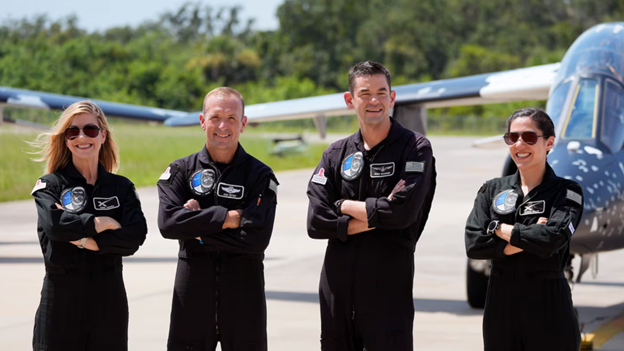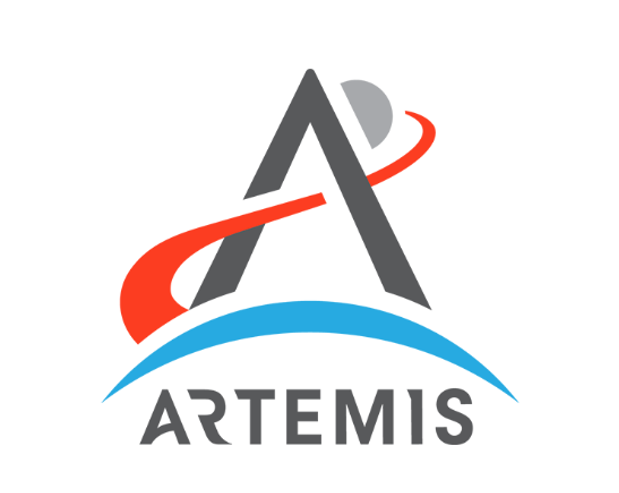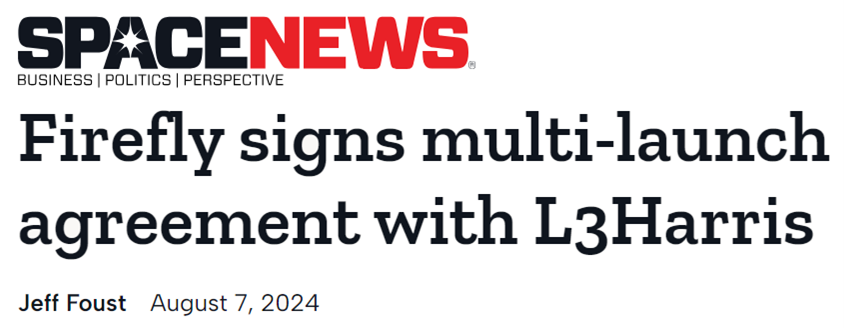 |
| By Chris Graebe |
The Boeing Starliner just returned home empty from the International Space Station this weekend. It was deemed unfit for people to travel aboard it.
For the two astronauts left behind, they must place their faith in SpaceX.
But Sunita Williams and Barry “Butch” Wilmore, who went to the ISS on June 5 for an eight-day mission, can’t just hop onto a Crew Dragon vehicle that’s docked at the ISS.
Why? Because their Boeing-issued spacesuits are incompatible with it.
In what has now become an eight-month mission, NASA targets a February 2025 return to earth for the stranded astronauts.
In the meantime, NASA and SpaceX are scrambling about how to create cross-compatible suits. Or whether to send them home without wearing protective spacesuits at all.
What this tells us is that there’s some groundbreaking, albeit time-consuming, testing and research being done right now in the space-tech universe.
And that they simply can’t happen without the private sector.
SpaceX is preparing for the first private spacewalk. The Polaris Dawn mission involves private citizens testing new spacesuits.
It’s being funded by a tech billionaire, Jared Isaacman, who is also one of the four crew members.

It’s an open secret that public progress is being made possible thanks to private citizens like Musk, Isaacman and an entire constellation of companies.
And that it doesn’t matter who picks up the tab, as long as we get the futuristic stuff in the present.
The Power of Private Funding
Private competition is lowering launch costs. Governments and corporations are steadily bolstering their satellite constellations. And year-over-year funding looks good.
But what happens next, going into the 2030s, ‘40s and beyond?
What predictions about our activity in space can be made today that will make us rich tomorrow, without delving into science fiction?
There’s actually too much to cover here in one article — everything from Asteroid mining to private space stations. But the Sunita and Butch story does intersect with one powerful trend we can get rich from …
Collaborative Space Missions
Imagine a future in which a craft can leave Earth with minimal tonnage, pick up supplies and crew members from a moonbase, fly to Mars, refuel and be off on other missions within the solar system.
We’ll see the beginnings of this type of space development in the coming years.
To capitalize on this in its early stages, look to the companies partnering with NASA for the Artemis Program.

The Artemis Program is a NASA-led lunar exploration mission already underway. The long-term goal, as stated by NASA itself, is to establish a permanent base on the Moon.
The companies already signed on to aid in this mission are Aerojet Rocketdyne, Axiom Space, Bechtel, Blue Origin, Boeing, Collins Aerospace, Jacobs, Lockheed Martin, Maxar Space Systems, Northrop Grumman and SpaceX.
As you can see, some of these names are not only big and well-known. They can be invested in today.
But there are better, purer plays worth your attention.
Today’s Opportunities for
Tomorrow’s Space Economy
A little over a month ago, L3Harris (LHX) — a large defense and space company worth $43 billion — signed a deal with Firefly Aerospace.

L3 agreed to use Firefly’s Alpha rockets to bring its satellites into orbit across 20 launches over the next few years. This, and other recent deals by the aerospace giant, may spark interest from potential investors.
For those of you looking to get into the space industry with an established, big-cap player, LHX is an interesting option.
If a younger company with a smaller market cap and more growth potential sounds more like your cup of tea, Planet Labs (PL) — one of the startup stars from the new Wild Wild Space documentary — should be on your radar.
Planet Labs does satellite imaging using its Dove mini-satellites and then offers clients detailed analytics that give insights into said imagery.
But there’s an aerospace company I’m personally more excited about. It’s a startup. But you CAN invest in it too.
I see this startup as the best investment in aerospace right now.
Not just because it plans to disrupt the projected $1.8 trillion industry …
Not only because it can beat SpaceX's launch prices by using special technology …
But ultimately because we are getting the chance to invest at such an early stage.
I just revealed this private company to my Deal Hunters Alliance Members.
Enrollment in my Alliance is closed right now. But we’re planning on opening up some spots soon.
To get your name on the list to be notified when there’s a spot available, call our specialists at 1-855-278-9191 (for U.S. readers) or 1-561-559-9131 (for international ones). Ask for Deal Hunters Alliance.
This deal has cosmic potential, and I’m thrilled to be on board. I hope you are able to join me!
Happy Hunting,
Chris Graebe

